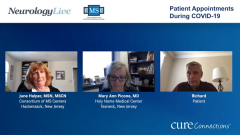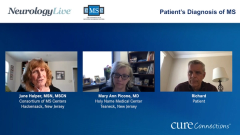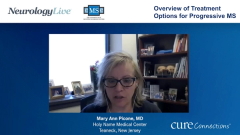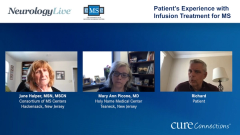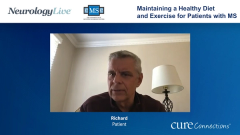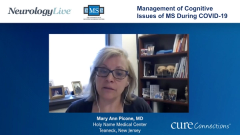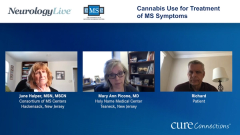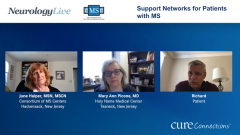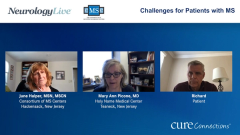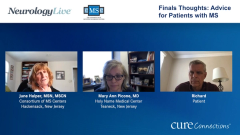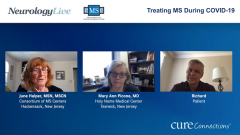
Management of Cognitive Issues of MS During COVID-19
Strategies for diagnosing and treating cognitive issues of multiple sclerosis during COVID-19.
Episodes in this series

June Halper, MSN, MSCN: One of the more prominent problems, which Richard doesn’t seem to be experiencing, unless he hasn’t told us, is the cognitive issue. Some patients have problems with things like short-term memory or managing their lives. How do you handle that at the Holy Name Medical Center, especially with COVID-19 and the isolation people are experiencing?
Mary Ann Picone, MD: It’s been very difficult. And the depression and anxiety have made cognitive problems worse. We are fortunate. We try to screen patients using a test called the SDMT, the Symbol Digit Modalities Test, when they come in for their visit. That gives us a bit of an idea about information processing, or how quickly patients can learn new information. If we detect a change on that or if a patient says they’re having more difficulties trying to do things, especially with Zoom meetings and having to do things at home, we are fortunate that we have a neuropsychologist here. It is not uncommon for MS [multiple sclerosis] centers to have that resource. He works on trying to see where patients are having difficulties by doing some memory tests to see where they might be having cognitive problems. He then tries to work on strategies to help compensate for problems that they might be having. In regard to fatigue, some patients have actually found that working from home has been a blessing because they don’t have the stress of the commute in the morning or the afternoon, which is very tiring. They are also able to better pace themselves at home as they’re working. They can control the temperature in the home too, which they weren’t able to do in the workplace all the time. So being able to work from home has been a silver lining for many patients.
June Halper, MSN, MSCN: It’s going to be a challenge, as Richard and I talked about earlier regarding telehealth. Some people are probably going to get quite comfortable working from home. It will be a big challenge for them to shift gears and get up and get out early.
I want to thank our audience for watching this Neurology Live® Cure Connections®. If you enjoyed this program, please subscribe to our e-newsletter to receive information about other upcoming programs.
Transcript Edited for Clarity
Newsletter
Keep your finger on the pulse of neurology—subscribe to NeurologyLive for expert interviews, new data, and breakthrough treatment updates.

